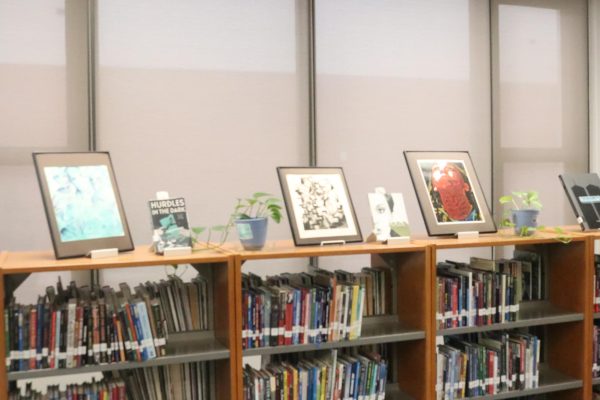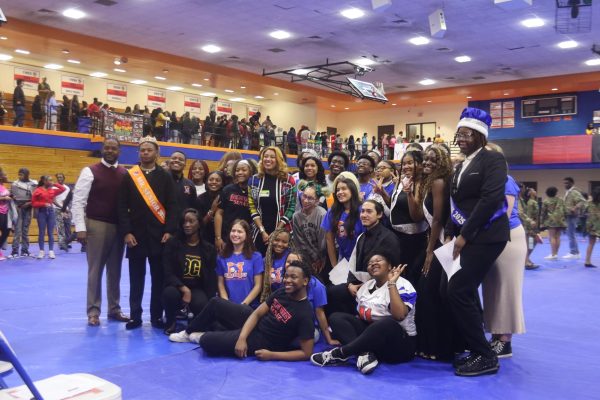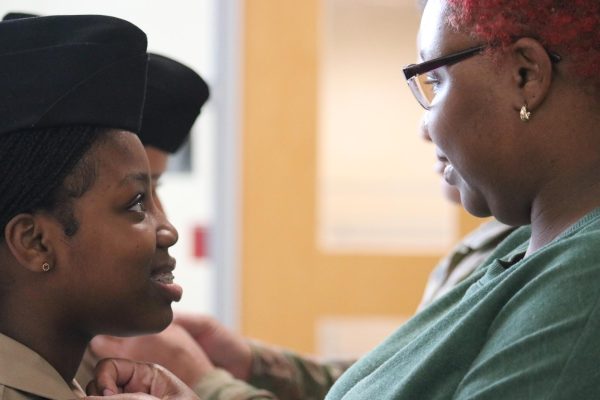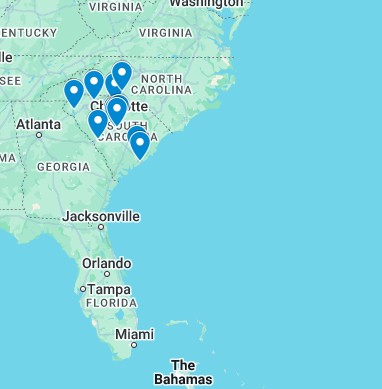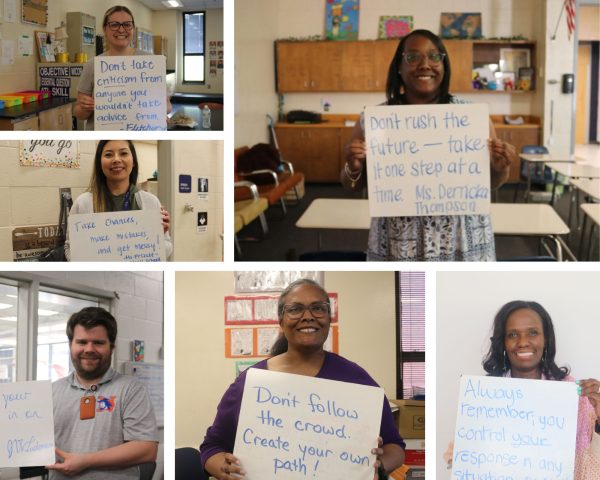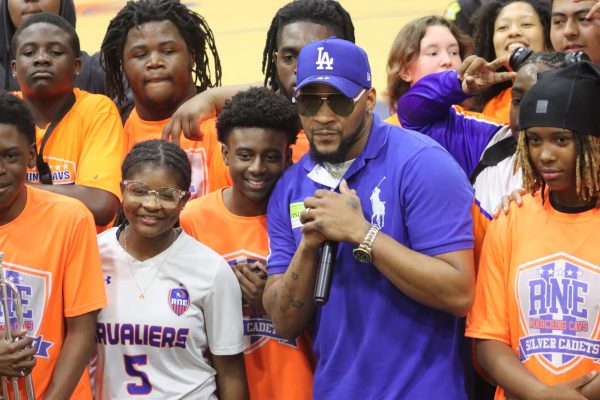Net Neutrality
People go on the internet with the expectation of being able to do whatever they want without having their internet blocked the ability to go onto their phones without worrying about corporate slowing down data and asking for users to pay a special fee to keep it at a decent speed.
The action of complete freedom to a certain extent on the internet is called Net Neutrality. Net Neutrality prevents internet providers, such as AT&T and Verizon, from speeding up, slowing down or blocking any content from the internet. It also prevents apps such as Instagram from making users pay to use their app or for any additional features, “[Net Neutrality] is the idea that once you pay for the actual internet, you get access to the entire internet and not just separate sites. It is kind of like how television has the idea that you have to pay for separate channels, the internet is the complete opposite,” says Scott Moore, 10th Grader.
Net Neutrality gives people access to their first amendment right on a much larger scale; everyone is free to use the internet without censorship in the form of connection and speed.
Users can express their emotions and their opinions online, repealing net neutrality will give internet providers the power to take away from a person’s first amendment rights online. It also makes things for people the ages of 13 to 21 harder. As students, teens and college students their life is on the internet. They do work on the internet, talk to multiple people from different places, and do many recreational activities on the internet. Taking it away will take a dramatic toll on teens and young adults alike,
“I think the young people of the world should march on Washington. I’m just saying because you all have a bigger voice now than older people, because we weren’t really raised on the net,. You all have learned this since birth so this probably means more to you all then us older folks,”says Alisha Seymour, a teacher at RNE.
When first announced more and more people were very upset with the idea of Net Neutrality being removed. It’s that a repeal will cause a disruption more to people who depend on the internet for things such as school work and recreation, like teens and college students, than adults.”If enough people end up thinking it is a huge problem, it just depends on how the social environment takes it. They might ignore it and choose to give more of their money or go on an internet strike,” says Seldon Bazemore, a 10th grader.
Chairman Ajit Pai plans to repeal Net Neutrality was approved by the Federal Communications Commission’s Republican majority on Dec. 14th, 2017. This has sparked protest, especially among younger populations such as Anooha Dasari, one of the first teens to start calling and emailing United States Representatives. However, being a teen it is hard to have their voices heard which is why many students are upset that nothing that Dasari has made a difference. The only thing that has changed is that more people are calling their representatives to have their voices heard.”Yes, I did actually call my representatives because I feel very passionate about this issue. I feel the internet should be open to everyone and I think everyone should have an opinion on the internet,” says Moore,”You can text resist to a number and it gives you all your representatives just by giving your zip code.”
Even though the bill has been approved, it has many more steps to go through to pass officially. It has to go through Senate and the House of Representatives, and so far it’s only made it through House. Net Neutrality is heard to stay until the final vote.
Your donation will support the student journalists of Richland Northeast High School. Your contribution will allow us to attend conferences, purchase equipment and cover our annual website hosting costs.


